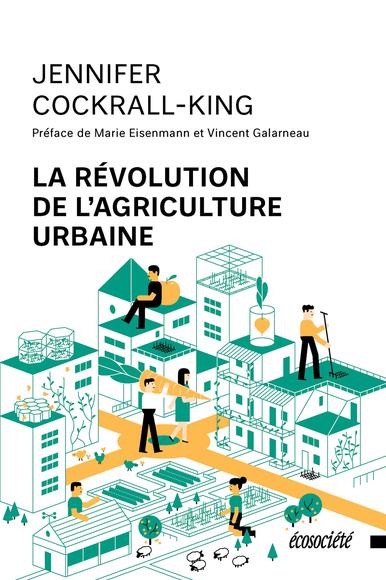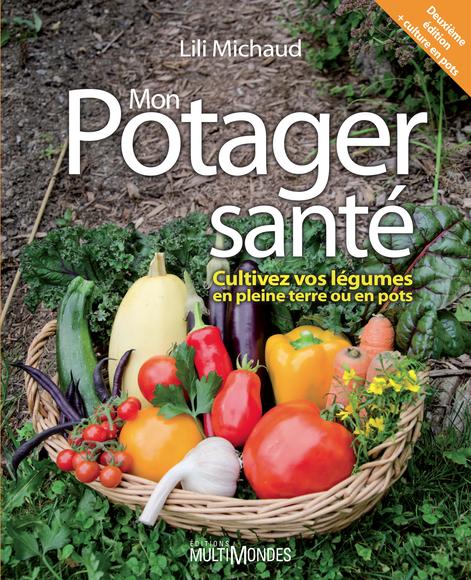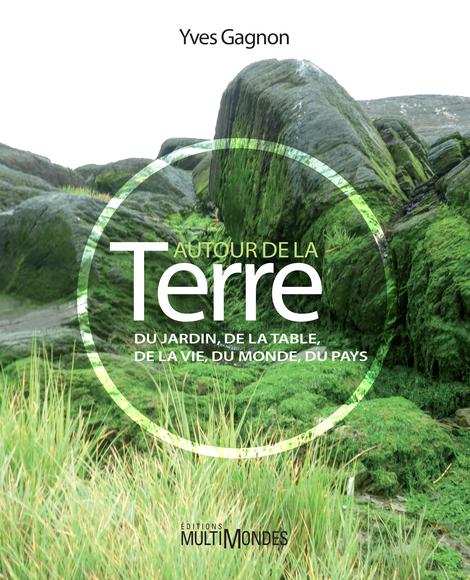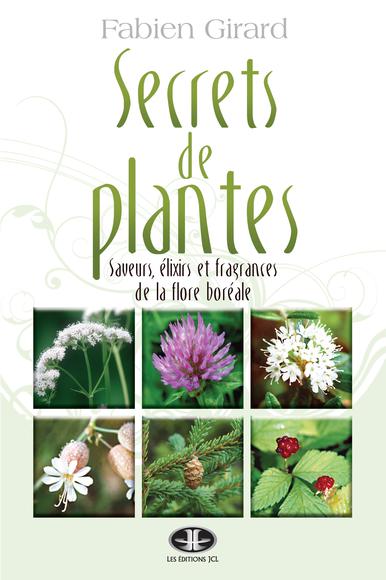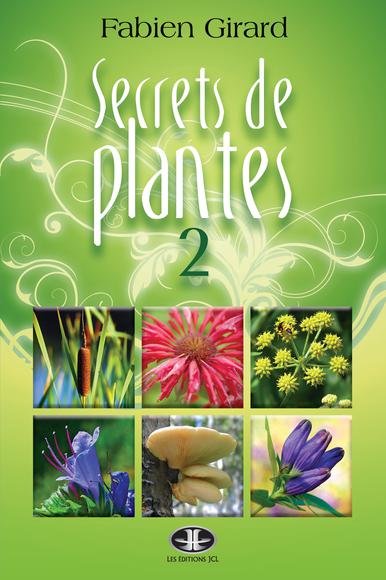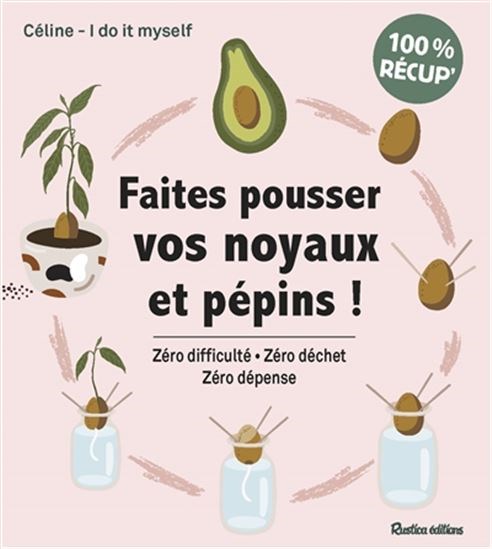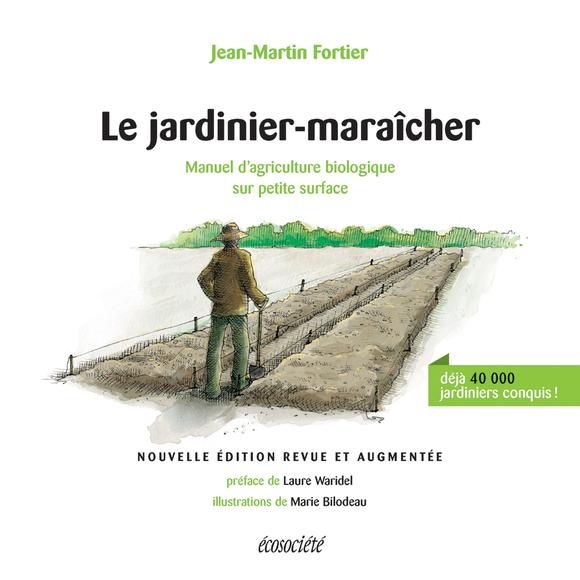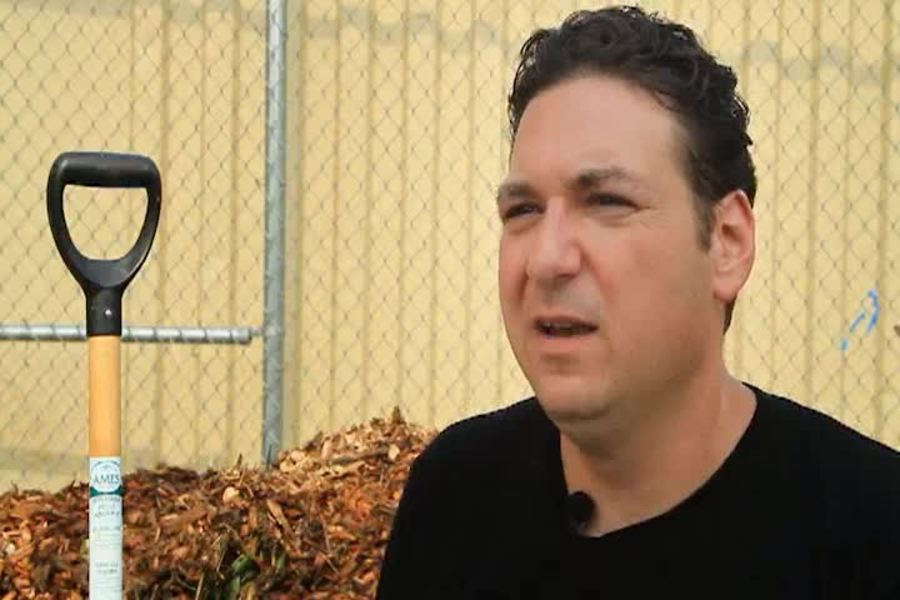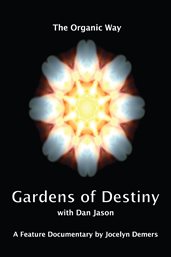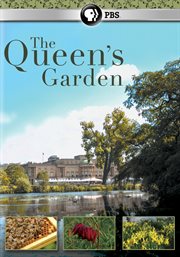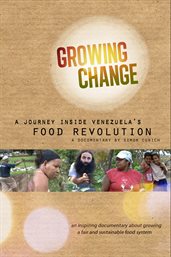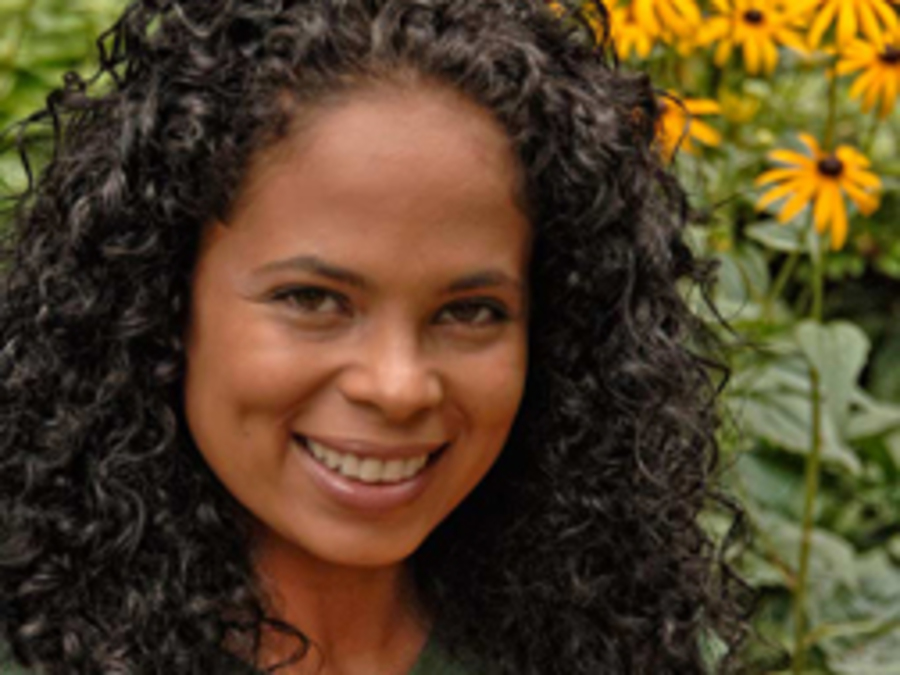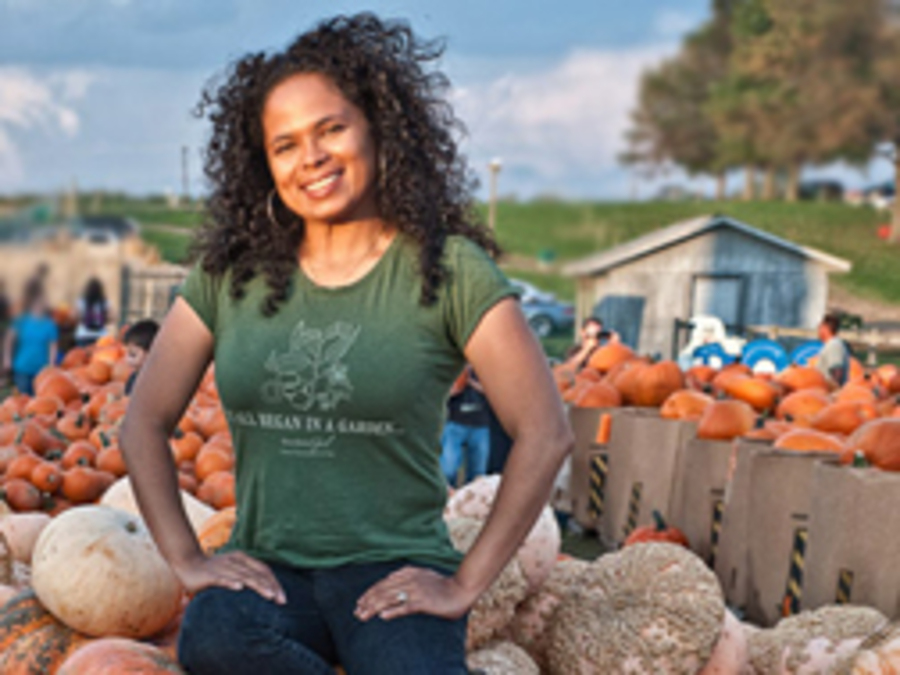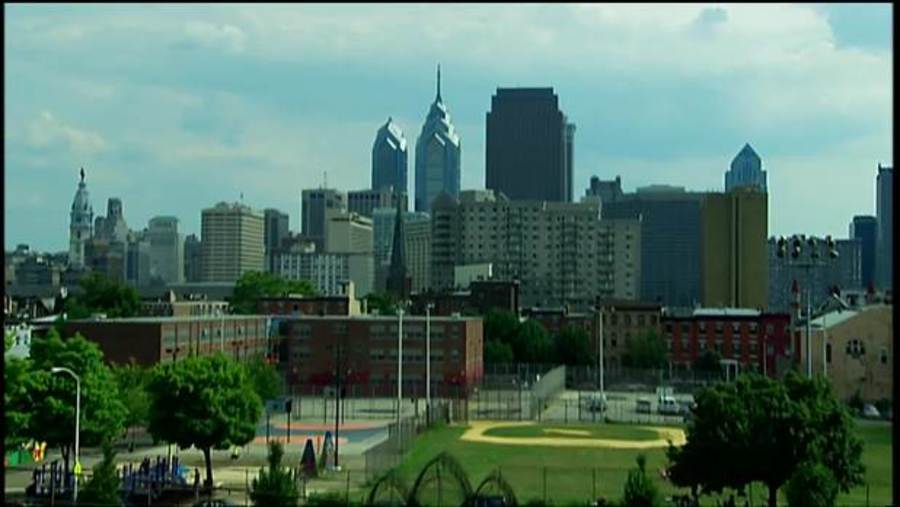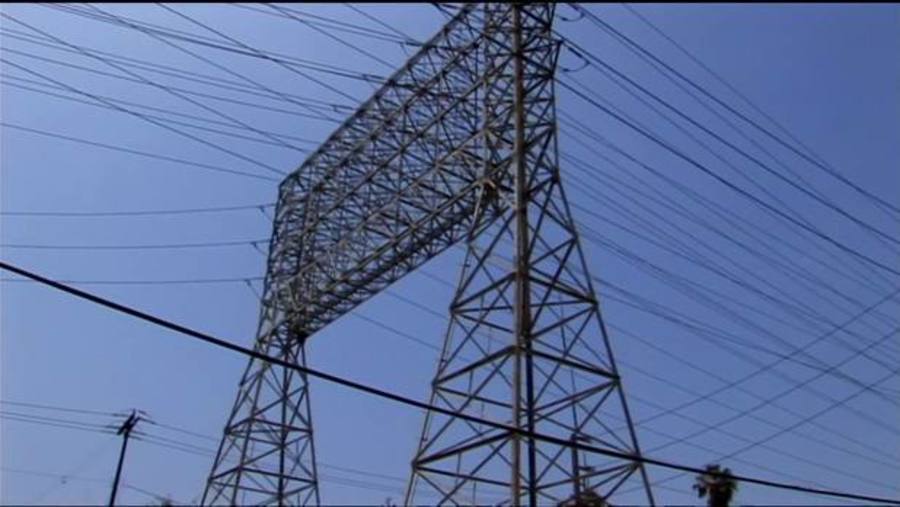
May 15, 2020
In these uncertain times, food security is more important than ever. One way to ensure a good source of plentiful and inexpensive food is by starting your own garden. Growing your own food has become popular and with more time at home, it's easier to start and maintain a garden. A garden can be a great source of fresh food all summer and well into the fall. There is nothing more rewarding than being able to step outside your door to pick a handful of fresh herbs or a tomato to use in your dinner. Even if you don't have a yard, you can still successfully grow plants in containers on a balcony or even a windowsill.
The Ottawa Public Library is here to help you get your garden started! We will be hosting a series of online gardening programs for anyone interested in starting a garden. The series runs on select Wednesdays (English programs) and Thursdays (French programs) in May and June.
All of these events are free and will run on Zoom. Registration is required. When you register, you will receive a Zoom link to attend. There is also an option to phone in for those who prefer.
Wednesday, May 27, 2-3 pm
Thursday, May 28, 2-3 pm
Wednesday, June 3, 2-3 pm
Thursday, June 4, 2-3 pm
Wednesday, June 10, 2-3pm
For more gardening information and recreation, be sure to check out some of OPL's gardening eBooks and the great online resources below.


